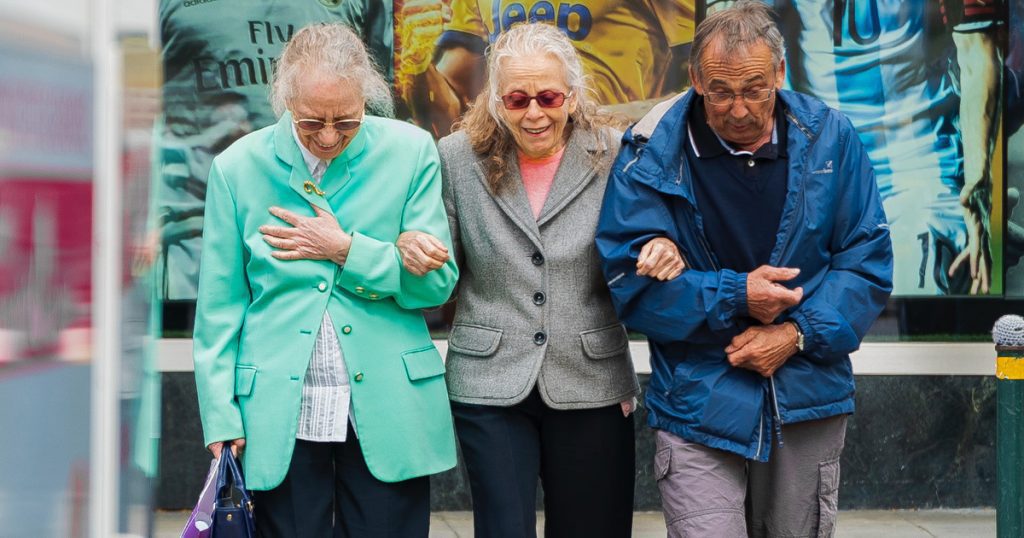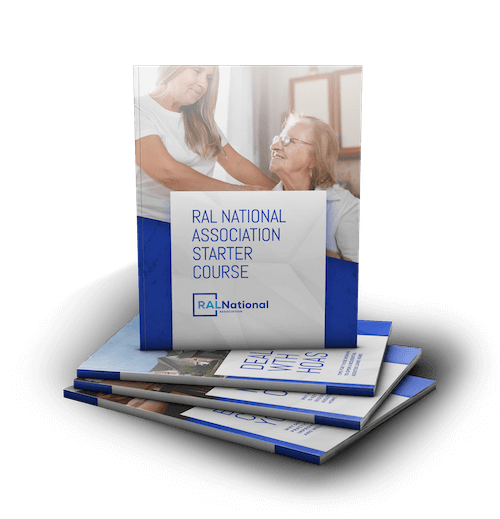Do you know that your friends have an immense effect on your health and happiness? Sometimes even more than your family? A social connection or relationship with someone other than your family is essential to one’s well-being. Your friends are also your social support, and with that support, you can gain:
- Better mental health
- Cardiovascular health
- Cognitive functioning
- Immunological factors
Studies show that over time being socially integrated creates better health, life gratification, and endurance.
YOUR SOCIAL CIRCLE
Have you surrounded yourself with friends who are like-minded and share your vision of a healthier eating and living pattern? Or are you surrounded by friends who promote bad habits linked to the increased blood pressure increase, strokes, and other potential illnesses?
Connecting yourself with friends who know the seriousness of social distancing, wearing masks in public, and staying healthy helps in the aging process.
Having friends who support you makes life easier and more stress-free.
Friendships improve physical and mental health. Seniors who continue to be socially connected manages to do better even with ailments such as:
- Chronic obstructive pulmonary disease
- Congestive heart failure
- Diabetes
Because of their continued social interests and activities, their mental health does better. Do you know that socializing strengthens the immune system?
It can also assist in the recovery process and expand your life expectancy.
Studies show that seniors with a strong relationship with their family and friends have a better probability of living longer than seniors with no social connections.
CHEERS TO GOOD FRIENDS
Cheers to that one you call, friend. Someone who celebrates the good times and who is there to support you through the bad times.
Cheers to the friends who heighten your happiness and build up your self-confidence. As you age, you begin reducing the number of friendships you have, only holding on to the more significant ones.
Studies show that the friends that make you happy also benefit your health.
FRIENDLY REMINDERS
Most seniors believe their friendships are healthy. They encompass a significant influence on their way of living and well-being.
Healthy relationships develop over time. Having a supportive group of friends can foster a healthy and extended life.
Socializing has become limited due to social distancing. Staying at home is vital to many senior’s health.
That is where social networks such as Facebook and Instagram allow seniors to stay connected with their friends and families.
As a result, it keeps seniors socially interacting, safe, and at a healthy distance. The point is, friends are significant to your quality of life.
- Friends help you keep your health on track.
- Friends remind you of things you need to do.
- Friends remind you of yearly physical exams, mammograms and colonoscopies.
- Friends tell you to get your hearing or vision checked.
- Friends inform you if you need a walker or a cane.
You may believe that the relationship you have with your family is vital, but family can tell you what you need, and you don’t hear it until a friend points it out.
THANK YOU FOR BEING A FRIEND
Staying in contact with friends entails having an opportunity to remain socially involved in your community.
Friends encourage participation in going places together, such as health screenings and doctor appointments, and community functions.
The point is, as long as we are together. Having that interaction with one another is better for your health overall, physically and mentally.
Friendships amongst the elderly are like having a companion who can relate to one another’s situations.
Whatever it is, true friends will understand.
The contrast of not having friends as you age is becoming isolated. Isolation can bring on loneliness.
Seniors who live a life of isolation have a greater risk of developing health problems such as:
- Depression
- Diabetes
- Heart disease
- Obesity
These are just a few common medical and mental issues in addition to health problems. Seniors who experience social isolation become disconnected from their friends as well as their families.
LIVING MY LIFE LIKE IT’S GOLDEN
During your golden years, forming new friendships can involve extra effort. As you age, common life changes can and will happen, such as;
- Cognitive decline
- Dementia and depression
- Health and mobility issues
- Hearing and vision loss
- Heart disease
- Loneliness
- Loss of a spouse
- Retirement
- Stroke and blood pressure
Lack of socialization can take a toll on most seniors. Your social life is an extension of your well-being.
Other factors encourage healthy aging, such as physical and mental exertion to improve your health.
Use a balanced diet to fulfill the nutritional needs of seniors, and the recommended 7 to 8 hours of quality sleep for a healthy adult.
SOCIAL BUTTERFLY
While we are all doing the worldwide quarantine, many seniors have stopped gathering for breakfast and lunch with friends, trying to stay socially responsible.
On the other hand, there are other ways for seniors to retain their relationships with those they care about through social media use.
Social media gives you a direct line to your friends and family. It connects you to groups that share common interests.
Facebook has become highly popular amongst seniors.
Skype and Zoom have become extremely popular, offering another avenue to keep in touch. It is a video conferencing device that gives face-to-face communication using a tablet or a computer. Many seniors like that these media platforms provide real-time interaction with their loved ones and friends.
MY CIRCLE IS NOW A DOT
As you age, you start to see your social circle decreasing.
- Friends move to warmer climates.
- Friends pass away.
- Friends retire.
These are losses to many seniors. Your options become limited because of life’s inevitable changes.
Trying to rebuild your social circle can be daunting during a pandemic. Finding new ways to socialize and connect becomes taxing.
With these ideas, you can build or rebuild your relationships:
- Coordinate a social media group with other seniors in your community.
- Find interest groups that share your likes and join in.
- Further your education with online classes.
- Pick a hobby, and host meetings via Zoom, Skype, or Google meet and share.
- Utilize your power of goodness through a virtual volunteer in your community.
THAT’S WHAT FRIENDS ARE FOR
Residential Assisted Living National Association will help you find and maintain a network of friends who want to share professional blog content, discount purchasing and so much more.
Socializing is an essential element in keeping friendships alive and maintaining good health amongst seniors in assisted living.
Routine calls and texts or an occasional Skype between friends are significant.
Letting friends know that you are thinking about them or just seeing how they are doing lets them know that they are essential and uplifting.
Sometimes you need a friend to brighten your day. Click www.RALNA.com for your free membership that will keep you in a network of like-minded assisted living professionals. This is what friends are for.











